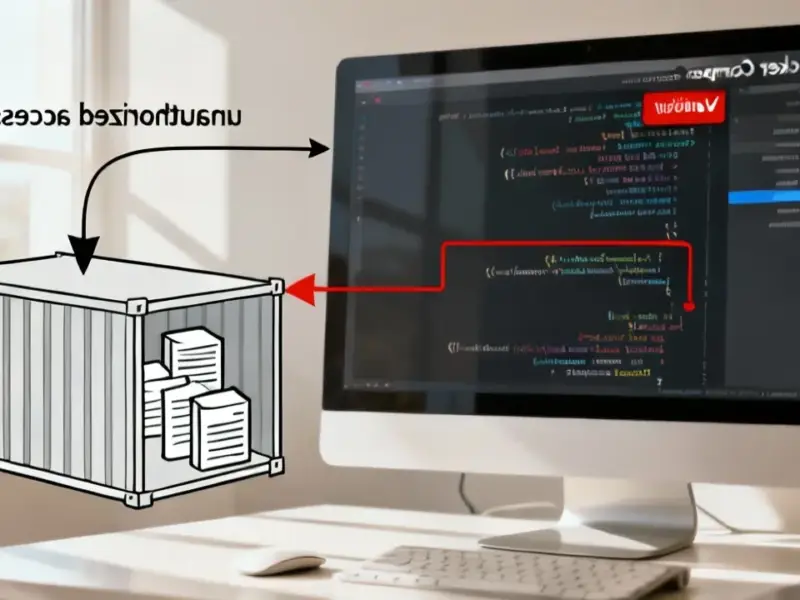According to Engineer Live, Yokogawa Electric Corporation has acquired two specialized companies—Intellisync, a cybersecurity and digital transformation solutions provider, and WiSNAM, a developer of advanced grid control and energy management solutions. Both companies will be integrated into BaxEnergy, Yokogawa’s wholly owned subsidiary focused on renewable energy management solutions. The acquisitions enable Yokogawa to expand its cybersecurity capabilities through Intellisync’s 24/7 security operations center and develop grid control products using WiSNAM’s Power Plant Controller technology. Company executives including Simone Massaro, CEO of BaxEnergy, and Koji Nakaoka, Yokogawa’s executive vice president for decarbonization, emphasized that these moves will accelerate development of secure, high-performance solutions for energy-intensive industries while strengthening Yokogawa’s software-as-a-service portfolio.
The Business Logic Behind Dual Acquisitions
Yokogawa’s simultaneous acquisition of both cybersecurity and grid management specialists represents a sophisticated understanding of market convergence. The renewable energy sector faces a critical challenge: as grid infrastructure becomes increasingly digital and interconnected, cybersecurity vulnerabilities become grid reliability threats. By acquiring Intellisync and WiSNAM simultaneously, Yokogawa isn’t just adding capabilities—it’s creating an integrated solution that addresses both operational technology (OT) and information technology (IT) security in one package. This approach mirrors what we’ve seen in other industrial sectors where the separation between physical operations and digital infrastructure has collapsed, creating both vulnerability and opportunity.
Shifting From Hardware to Recurring Revenue
The most significant business model implication here is Yokogawa’s explicit move toward SaaS and recurring revenue streams. Traditional industrial automation companies like Yokogawa have historically relied on hardware sales and project-based consulting revenue, which creates volatile financial performance. By integrating Intellisync’s cybersecurity-as-a-service model with WiSNAM’s grid control software, Yokogawa can establish predictable monthly revenue streams while creating higher-margin business lines. This transition is crucial for industrial companies facing pressure from both cloud-native competitors and investor demands for more predictable financial performance.
Why This Move Happens Now
The timing of these acquisitions reflects several converging market forces. First, the global push toward renewable energy has accelerated dramatically, with governments and corporations making unprecedented decarbonization commitments. Second, cybersecurity threats to critical infrastructure have become front-page news, creating both regulatory pressure and customer demand for comprehensive security solutions. Third, the energy sector’s digital transformation has reached an inflection point where standalone solutions no longer suffice—integrated platforms that combine operational efficiency with security are becoming table stakes. Yokogawa is positioning itself as one of the few players capable of delivering this comprehensive approach at scale.
Positioning Against Industrial and Tech Giants
This dual acquisition positions Yokogawa uniquely against both traditional competitors like Siemens and Schneider Electric, and emerging tech players entering the energy space. While industrial automation giants have strong OT capabilities, they often lack the specialized cybersecurity expertise that Intellisync brings. Conversely, cybersecurity-focused tech companies typically lack deep understanding of grid operations and energy management. By combining these capabilities through BaxEnergy, Yokogawa creates a differentiated offering that’s difficult for either traditional industrial players or pure-play cybersecurity firms to replicate quickly.
Follow the Money: Revenue and Valuation Impact
The financial implications extend beyond immediate revenue growth. Companies that successfully transition to SaaS models typically command higher valuation multiples in public markets. For Yokogawa, this move could potentially reposition the company from being valued as a traditional industrial manufacturer to being seen as a digital solutions provider—a transition that could significantly impact its market capitalization. Additionally, the integrated nature of these solutions creates significant cross-selling opportunities across Yokogawa’s existing customer base, particularly in energy-intensive industries where the company already has strong relationships but limited cybersecurity and renewable energy offerings.




